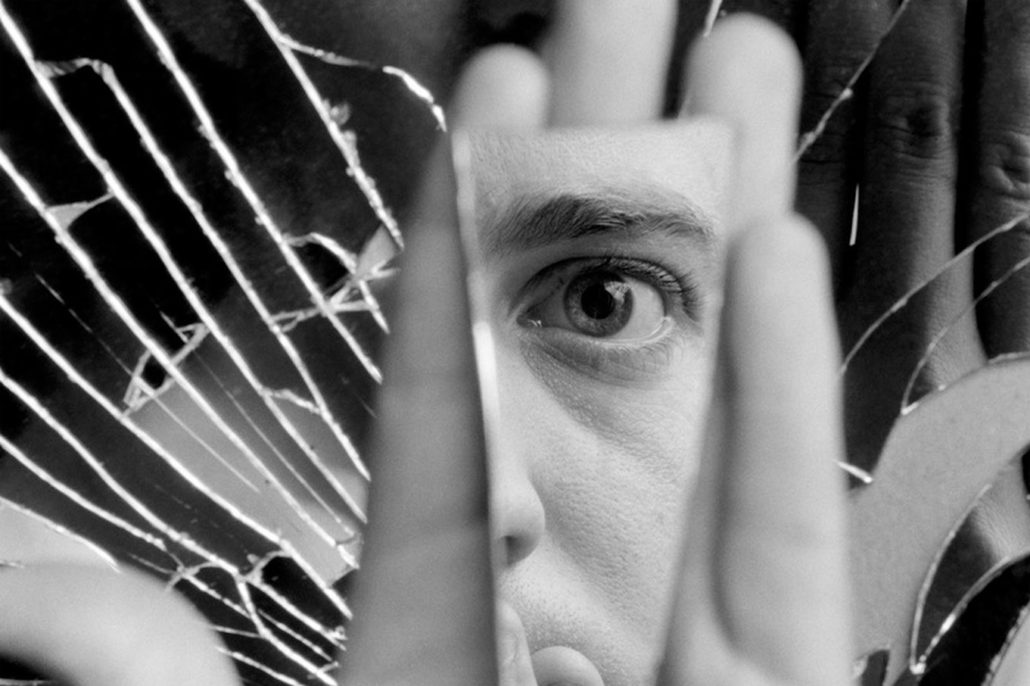
Psychosis (psychotic disorder): symptoms and treatment
The term ‘psychosis’ was introduced in the 19th century with the meaning of mental illness or madness. A rescuer has to deal with patients in this state quite often, so some information on this is useful
Subsequent to the definition of pathology, the need emerged on a conceptual level to subdivide some of these illnesses under the name neurosis.
Since then, the two terms have evolved on different levels.
What is psychotic disorder
Nowadays, psychotic disorder refers to a severe psychiatric disorder characterised by detachment from one’s surroundings, severe difficulty in initiating activities and having authentic feelings towards other people.
There is thus a severe alteration of the individual’s psychic balance with impairment of the reality test and formal thought disorders.
Symptoms of psychosis
Psychotic disorders are characterised by delusions, hallucinations, disorganised thinking and behaviour and negative symptoms (DSM-5, 2013).
Psychotic symptoms can be grouped into:
– Thought form disorders: alterations in the ideational flow, up to flight of ideas and incoherence, alteration of associative links. Derailment, tangentiality may therefore occur to the extent that effective communication is impaired.
– Thought content disorders: prevailing or delusional ideation (so-called delusions); in particular, so-called paranoia is well known. The content of delusions may be of various types: persecution, reference, somatic, religious or grandiose.
– Sensory perception disorders: auditory, visual, olfactory, tactile, taste hallucinations. However, auditory hallucinations are the most common in psychotic disorders and occur in the form of voices, familiar or unfamiliar.
Characteristics and manifestations of psychosis
A person with psychotic symptoms may be unable to cope with his or her everyday problems because he or she can no longer think clearly or because he or she is convinced that something or someone is influencing his or her thoughts.
With psychosis, the person may no longer be able to work as before, as if they have lost the ability to do things they used to be able to do or as if they can no longer concentrate on making decisions.
In addition, he or she may have difficulty talking to other people or no longer take pleasure in doing so.
Onset and development of psychotic disorders
Psychotic disorders generally begin in adolescence and early adulthood and are almost always the result of organic, psychological and constitutional factors.
Prodromal symptoms may often precede the active phase and residual symptoms (hallucinations and subthreshold delusions and negative symptoms) may follow it.
Finally, social withdrawal and depressive symptoms often constitute the first signs of the disorder.
Risk factors for psychotic disorders
The causes of psychosis have not yet been clearly identified.
It is widely assumed that biological, genetic, psychological and social factors are involved.
It is likely that these factors may create a vulnerability in some people to developing psychotic disorders; this vulnerability under conditions of particularly pronounced or chronic stress may allow such disorders to develop.
The main psychotic disorders or forms of psychosis are:
- Schizophrenia
- Delusional disorder
- Schizophreniform disorder
- Schizoaffective disorder
- Brief psychotic disorder
Treatment of psychosis
Drug therapy
The treatment of psychosis aims to re-establish proper biochemical functioning of the central nervous system.
Generally the treatment of psychosis, especially in the acute phase, is pharmacological (there are now many new anti-psychotic drugs), to which it is essential to associate a psychotherapeutic-rehabilitative intervention.
Cognitive-behavioural psychotherapy
Psychotherapeutic interventions focus on teaching social skills and working with the family through psycho-educational interventions on psychosis.
These help family members cope with the illness and promote their mutual support.
Specifically, cognitive-behavioural psychological interventions aim to reduce emotional dysregulation and disabilities resulting from psychotic symptoms by learning specific and more functional skills.
They also aim to increase the patient’s awareness of their disorder and promote compliance with pharmacological treatment.
This is to prevent social isolation and reduce/reduce possible psychopathological relapses.
Read Also
Emergency Live Even More…Live: Download The New Free App Of Your Newspaper For IOS And Android
Hallucinogen (LSD) Addiction: Definition, Symptoms And Treatment
Compatibility And Interactions Between Alcohol And Drugs: Useful Information For Rescuers
Fetal Alcohol Syndrome: What It Is, What Consequences It Has On The Child
Alcoholic And Arrhythmogenic Right Ventricular Cardiomyopathy
About Dependence: Substance Addiction, A Booming Social Disorder
Cocaine Addiction: What It Is, How To Manage It And Treatment
Workaholism: How To Deal With It
Heroin Addiction: Causes, Treatment And Patient Management
Childhood Technology Abuse: Brain Stimulation And Its Effects On The Child
Post Traumatic Stress Disorder (PTSD): The Consequences Of A Traumatic Event
Sexual Addiction (Hypersexuality): Causes, Symptoms, Diagnosis And Treatment
Do You Suffer From Insomnia? Here’s Why It Happens And What You Can Do
Erotomania Or Unrequited Love Syndrome: Symptoms, Causes And Treatment
Recognising The Signs Of Compulsive Shopping: Let’s Talk About Oniomania
Web Addiction: What Is Meant By Problematic Web Use Or Internet Addiction Disorder
Video Game Addiction: What Is Pathological Gaming?
Pathologies Of Our Time: Internet Addiction
When Love Turns Into Obsession: Emotional Dependency
Internet Addiction: Symptoms, Diagnosis And Treatment
Porn Addiction: Study On The Pathological Use Of Pornographic Material
Compulsive Shopping: Causes, Symptoms, Diagnosis And Treatment
Facebook, Social Media Addiction And Narcissistic Personality Traits
Developmental Psychology: Oppositional Defiant Disorder
Pediatric Epilepsy: Psychological Assistance
TV Series Addiction: What Is Binge-Watching?
The (Growing) Army Of Hikikomori In Italy: CNR Data And Italian Research
Anxiety: A Feeling Of Nervousness, Worry Or Restlessness
What Is OCD (Obsessive Compulsive Disorder)?
Nomophobia, An Unrecognised Mental Disorder: Smartphone Addiction
Impulse Control Disorders: Ludopathy, Or Gambling Disorder
Gambling Addiction: Symptoms And Treatment
Alcohol Dependence (Alcoholism): Characteristics And Patient Approach
Exercise Addiction: Causes, Symptoms, Diagnosis And Treatment


